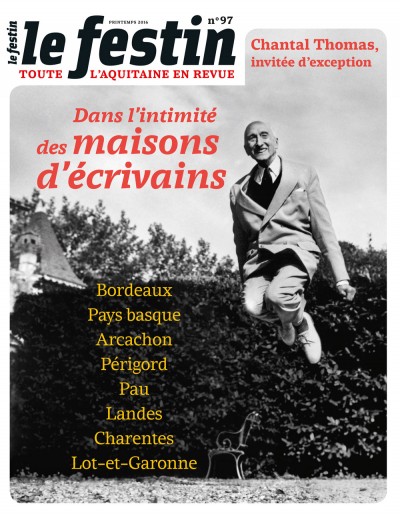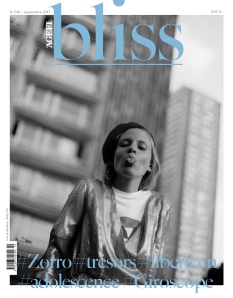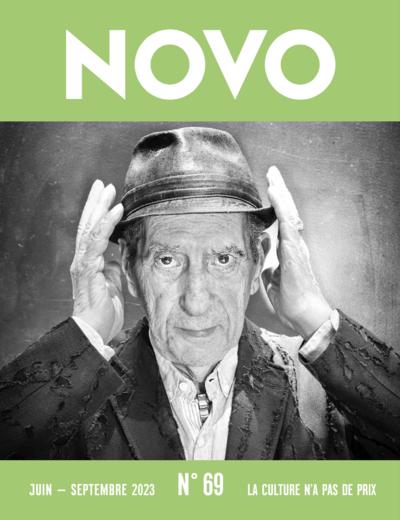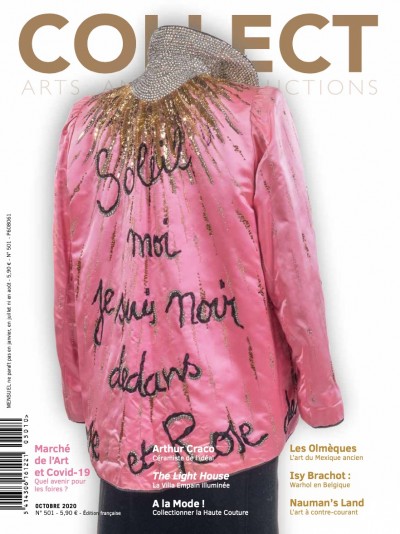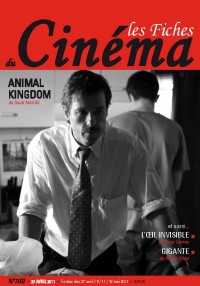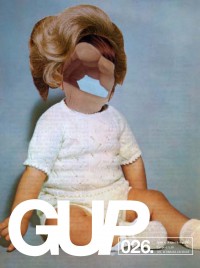
Erik Kessels
- magazine : GUP
- numero : 26 - 2010
- date : 01 janvier 2010
- catégorie : Culture & arts
Sommaire
-
Burned wood is now art
From the age of 16, Ria van Dijk hit the mark more than 70 times in the shooting gallery. In 2009 the Stedelijk Museum Amsterdam bought her series of photos taken by an automatic camera at a funfair. Various qualified artists were not amused and heated discussions ensued about the boundaries of art. As a teenager I once flicked surreptitiously through my father’s men's magazine. Besides the usual scantily clad women, the magazine had reserved a number of pages to disparage a modern art exhibition. Below a reproduction of a painting was the sentence: ‘Okay, Mister Picasso, what is it?’ The text accompanying a Dada collage read: ‘Burned wood is now art!’
-
Photo Doctor : Joachim Schmid
The number of pictures we produce is unprecedented. With the widespread use of digital cameras and camphones
people everywhere are taking pictures of themselves. They document where they are, what they are doing, what they are about to eat, who they are with or what they are looking at. But what do we actually do with these pictures, after our first glance? Much of what once seemed worth recording, photographically, is later maliciously destroyed or accidently lost. -
The Art of the Ubiquious
These days, you can do almost anything with an image.
Thanks to retouching and other image manipulation
technologies, it’s possible to create the ideal picture on
demand. A consequence of this perfection is that we lose
all the mistakes that often make an image beautiful. -
Erik Kessels : Amateur models
On show here are women from St Petersburg, posing as amateur models. The photographer is unknown but the pictures now belong to Erik Kessels (1966, The Netherlands), a creative director with the aspiration to do things differently in the field of communication. Kessels has extended this urgent need for deviation to the field of photography. Somewhat similar to a biologist fascinated with the organisms crawling around our houses, he lifts the tile of photography and discovers its slaters.
-
Portfolio Andrea Stultiens
Andrea Stultiens (1974, The Netherlands) isn't really keen on
being labelled a 'photographer'. Instead, she prefers to describe herself as 'doing things with photographs'. Yes, she takes photos, but she also collects them, looks at them, thinks and writes about them. Luckily, she also sometimes makes the results visible to the rest of the world. This is the case with the Kaddu Wasswa Archive (2008-2010), a visual recollection of a man and his country. -
What the vernacular?
Presented here are four mini-portfolios in which mundane pictures are turned into something extraordinary. Very different in style, what they share is an incalculable or unforeseen element in the process of image-making. All the pictures are of equal value as 'documentation', but have the potential to gain an aesthetic quality when placed
within a larger idea or concept. They strive for a newer, tenser and more constructive relationship with what we consider 'normal' and unspectacular. -
Mini portfolio : Charlotte Rea
Charlotte Rea (1982, UK) is a talented young photographer with an unusual interest in jumping fences. Obstacles taken for granted most of the time, here these common objects are turned into vintage hippic furniture. 'Jump' is a collection of almost
identical images whose whole is greater than the sum of its parts. Rea thus raises a higher awareness for the 'vernacular' elements of ordinary objects that we would fail to notice if not prepared to stumble upon by this young and talented photographer. -
Thomas Mailaender
Thomas Mailaender (1979, France) is a French multimedia artist based in Paris and Marseille. Engraving unclassifiable imagery which once had a fixed meaning within a new and unexpected context is his specialty. But he also happens to be a master potter; a genius fiddler, messing around with clay and pictures to produce hilarious handicraft. This guy knows how to fake
dilettantism! Mailaender recently also created The Fun Archive, which he hopes will be the worst image bank ever. -
Foto Ramblas
Once they were 'just boxers' posing for the camera at studio Ramblas in Barcelona. But presented in order, these vernacular objects successfully stress how similarities are never precisely the same; they resemble each other, but they also have an individual
character. Photography is made useful again here; not so much to promote boxing, but for the sake of photography itself. -
Face / off
Chantal Rens has a healthy appetite for invention. In a manner reminiscent of Hanna Hoch, the sole female member of the Berlin DADA movement, she reuses, arranges, cuts, tears and piles her pictures on top of one another.
This results in collages that are illusive, funny, obscene, mysterious, playful and cool. All at the same time. Not only do the images exceed the original meaning, they turn it 180 degrees. The main force of these distortions? Our vague recollection of the indivisible remainder. As with any masquerade, the frustration is in the visual obstruction. We are left with a blind spot but what we get in return is a sublime substitution. A good deal, after all.
A propos du magazine


